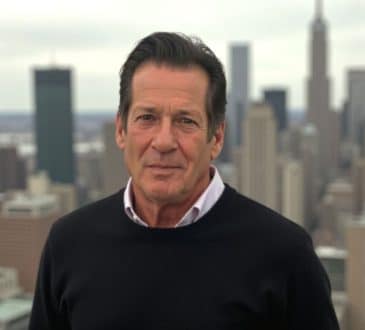CEO Spotlight: Lefteris Arapakis Director, Co-Founder at Enaleia
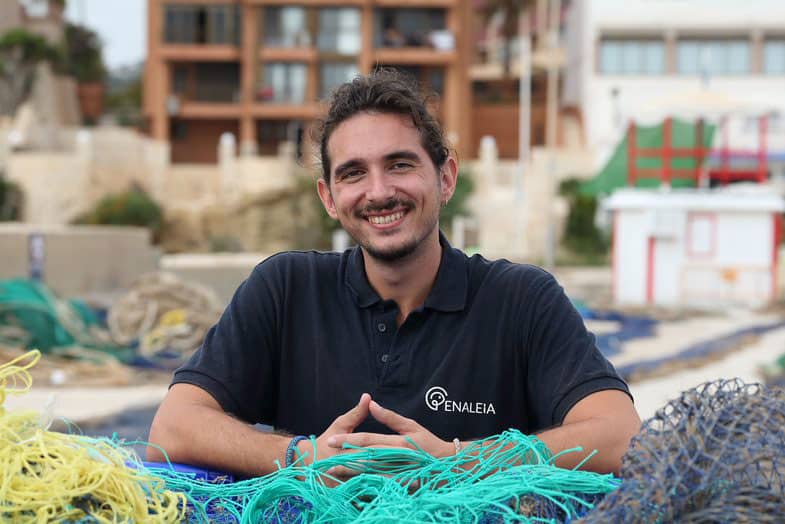
Enaleia is a social, non-profit enterprise which follows the circular economy model. From its establishment till now tackles marine plastic pollution and overfishing, giving incentives to the fishers to fish sustainably and bring their plastic bycatches back to the port.
Enaleia has spread its winds not only in Greece bul also in other places around the world like Italy and Kenya. Through, the “Mediterranean CleanUp” in the Mediterranean sea and the “Bahari Safi” in the Indian Ocean, Enaleia collaborates with more than 1.500 fishers in Greece, Italy and Kenya.
Lefteris Arapakis, Director and Co- Founder at Enaleia in an interview at CEOWORLD magazine describes the main goal of Enaleia and the effort he makes for the promotion of the fishing tourism in Greece. He informs us about the projects that run in different places, from mega cleanup projects to consultancy and research projects and are aligned with three pillars: Education, Mitigation, and Prevention.
Enaleia through collaborations has managed to transform a portion of the collected, used, and discarded fishing gear into sustainable products, like socks, with its partner Healthy Seas, in the Netherlands. The collected PET is utilised by Enaleia’s partner Ecoalf Foundation in Spain, where they produce sustainable fashion products like coats and shoes. A part of Enaleia’s mixed ocean plastic and fishing nets is sent to Gravity Wave in Spain, where they produce sustainable products like furniture. In collaboration with Skyplast, Enaleia has achieved to transform more than 60% of the collected ocean plastic into plastic pellets. With this raw material, various companies are able to produce almost any kind of sustainable product.
Continue reading the interview of Lefteris Arapakis…

Q: You come from a Greek family of fishermen. How much has this background helped you in the development of Enaleia?
Lefteris Arapakis: Coming from a long line of fishers, I decided to break the chain and educate fishing communities to fish less while increasing their revenues. I used to work with my father part-time during my studies, so back in 2016, I knew firsth and the challenges that the fishing industry in Greece was facing.
The strong connection I have with the fishing communities also helped me to incentivise the local fishers of Piraeus, who I knew well, to bring their plastic bycatches back to the port and launch the “Mediterranean CleanUp” project.
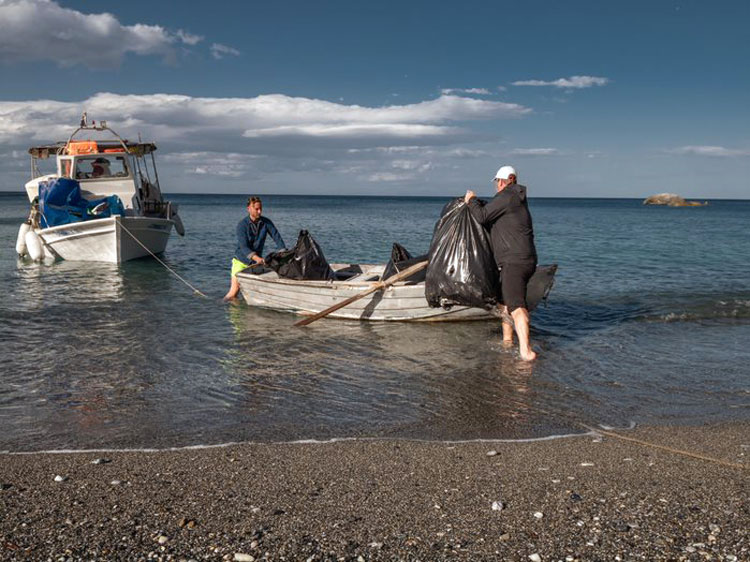
Q: Do you have partnerships abroad? In which countries? Are there any projects in progress?
Lefteris Arapakis: Enaleia has built a strong network that includes all the relevant stakeholders to tackle the marine pollution and overfishing problems, from local fishing communities to circular economy partners.
With the “Mediterranean CleanUp” in the Mediterranean sea and the “Bahari Safi” in the Indian Ocean, Enaleia collaborates with more than 1.500 fishers in Greece, Italy and Kenya. We also collaborate with numerous international companies and organisations like The United Nations Environment Program. (see the full list here)
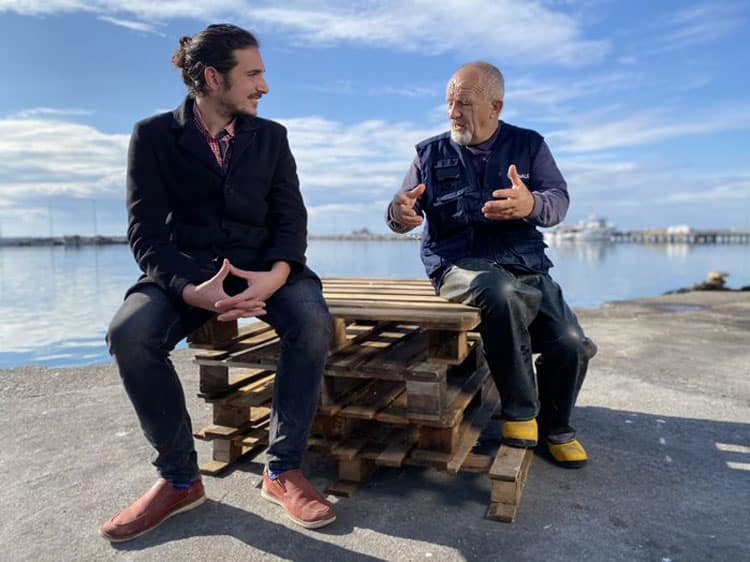
Q: What are your future plans for Enaleia?
Lefteris Arapakis: In the future, our goal is to expand our actions in more countries and make every fisher in the world part of the solution. We will continue to focus on creating win-win relationships between human society and nature to establish new sustainable business models that will allow the coastal communities to coexist in harmony with nature.
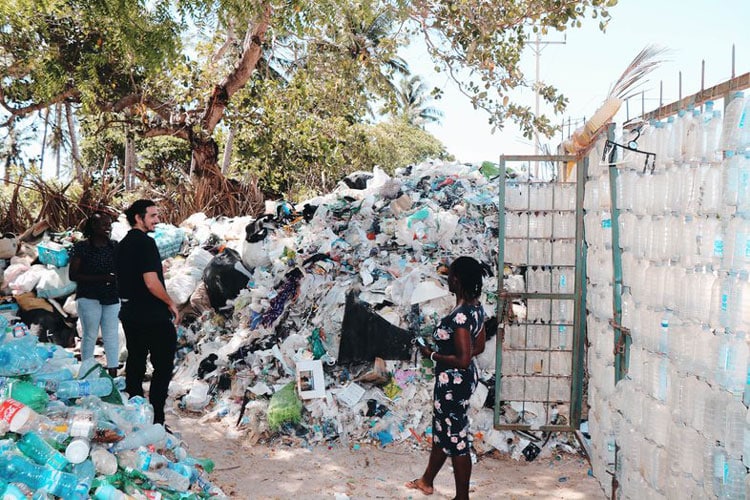
Q: Has the Greek fishing sector future prospects?
Lefteris Arapakis: Over the past couple of decades, marine resources have been over-exploited, and if we want to talk about the future of the fishing sector, we have to take drastic measures and incentivise the fishers in sustainable fishing techniques like fishing tourism.
Fishing tourism is a very big opportunity for Greek fishers. With the longest coastline in Europe, the largest number of fishing boats, and one of the continent’s most enduring traditions in boat-making and professional fishing, Greece should tap into the vast potential of sustainable fishing tourism.
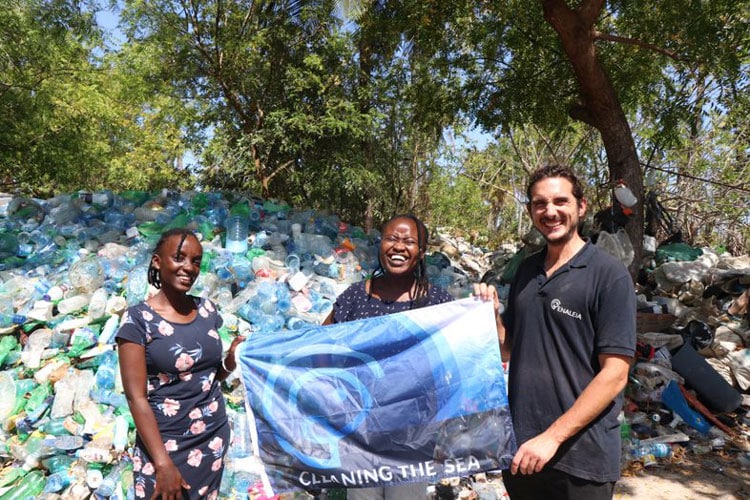
A fisher can increase his income while decreasing his fishing effort. Instead of catching 50-100 kilos of fish a day, he can catch 5 kilos to cook for his clients. At the same time, visitors can see something of Greece’s traditional ways. According to studies, 10% of the tourists who visit Greece are interested in recreational fishing. They want to discover the different types of fishing, see how the fish are caught, and learn how to cook and enjoy them.
In Enaleia, we make every effort to promote fishing tourism. Since 2019, through “Fish Smarter,” we have been training professional fishers in sustainable fishing practices such as fishing tourism. This is an excellent example of how the fishing profession can stay alive without harming the environment.
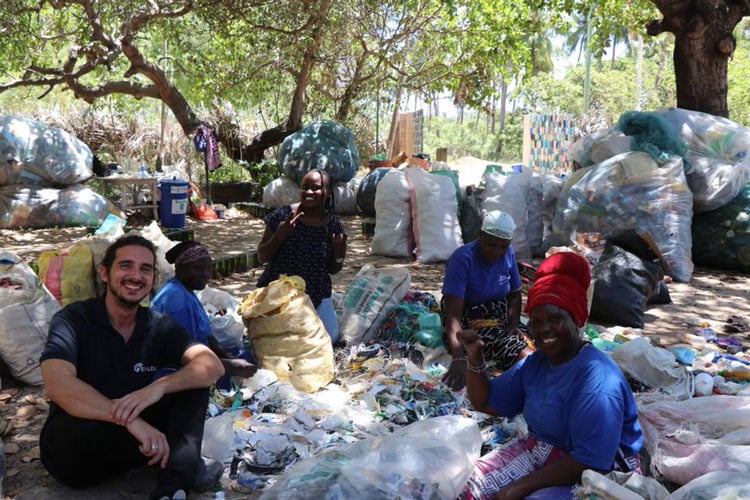
Q: Which do you consider the milestones in the operation of the company since its establishment until today?
Lefteris Arapakis: Recently the newest project in Kenya, “Bahari Safi”, scaled up and will become one of the biggest ocean plastic cleanups. Thanks to our new partnership with ClimeCo, the project in Kenya will generate plastic credits through Verra. A plastic credit is an environmental commodity that represents the collection or recycling of one tonne of plastic material, which can be used in companies’ ESG, CSR, and sustainability programs.
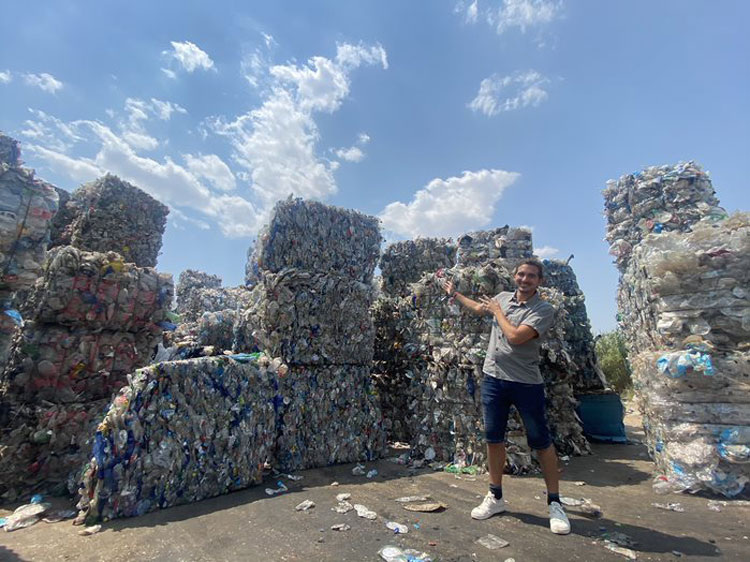
With additional funding from ClimeCo and the sale of the credits, we estimate to collect more than 1.000 tonnes of plastic annually. Now, through the plastic credit model, we can also start setting up large-scale plastic cleanup projects that can create a real impact on our oceans.
Have you read?
Dress For Today’s SUCCESS & Thrive Tomorrow! by Dr. Jeffrey Magee.
Show Customers, You Care With These 5 Tips.
Why it’s time we take an honest look at wellbeing by Roxanne Calder.
Why Group Work Begets Better Teamwork by Leo Bottary.
Which Type of Data Should Your Business Collect by Chad Reid.
Bring the best of the CEOWORLD magazine's global journalism to audiences in the United States and around the world. - Add CEOWORLD magazine to your Google News feed.
Follow CEOWORLD magazine headlines on: Google News, LinkedIn, Twitter, and Facebook.
Copyright 2025 The CEOWORLD magazine. All rights reserved. This material (and any extract from it) must not be copied, redistributed or placed on any website, without CEOWORLD magazine' prior written consent. For media queries, please contact: info@ceoworld.biz







